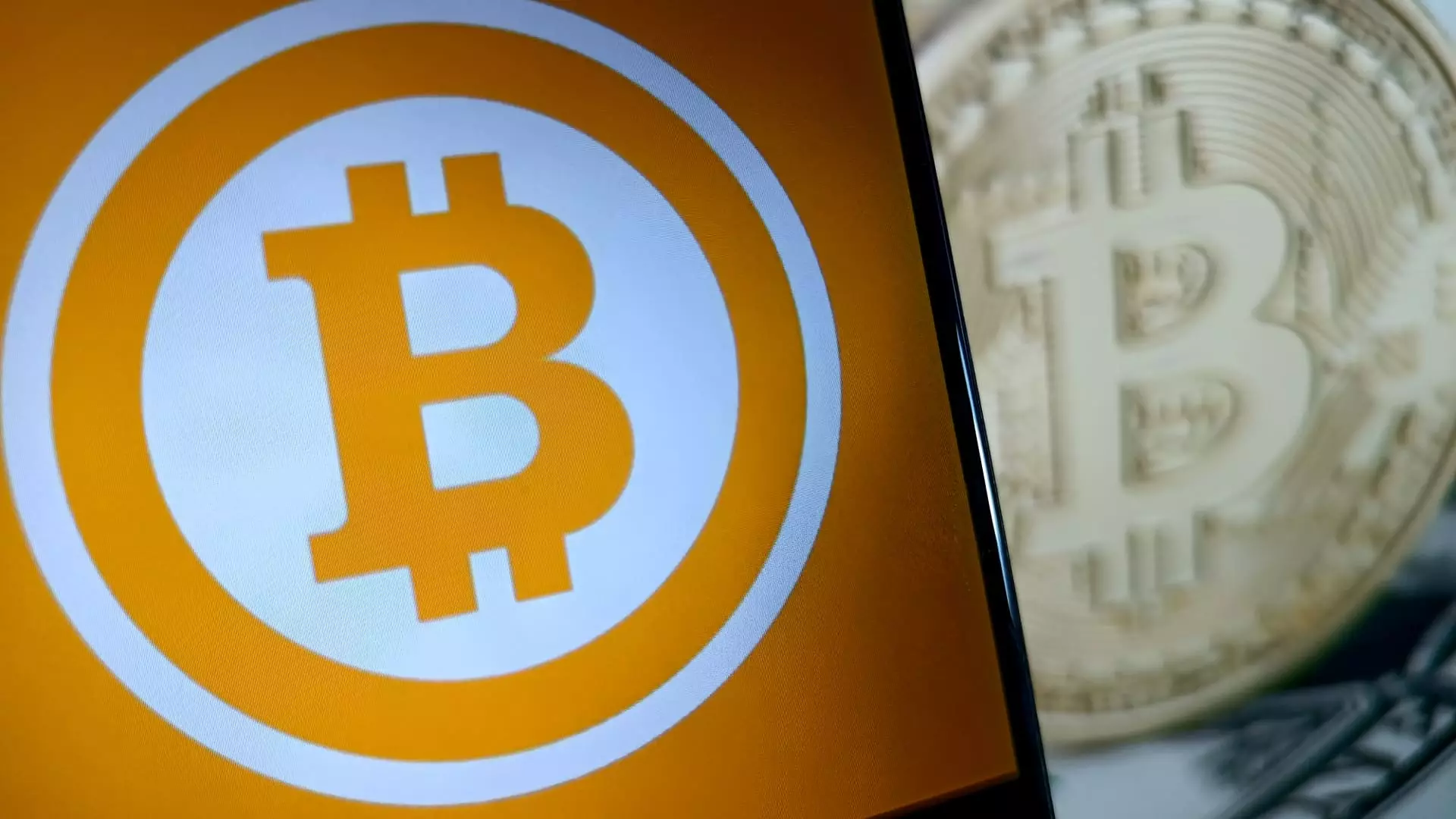The landscape of investing has undergone a significant transformation over the past year, particularly in the realm of cryptocurrency. With new financial vehicles on the market, such as spot Bitcoin exchange-traded products (ETPs), 2023 saw a groundbreaking shift spearheaded by firms like BlackRock. Samara Cohen, the chief investment officer at BlackRock, noted immense demand for a more accessible form of investing in Bitcoin, which led to the launch of their ETPs designed specifically to cater to this burgeoning interest. This article explores the implications of Bitcoin ETFs on both investors and the broader financial landscape, as well as the emerging trends that define this new era.
Cohen’s insights point to a noteworthy trend: the arrival of a wave of investors who are keenly interested in cryptocurrency but lack familiarity with traditional investment vehicles like ETFs. The statistics are revealing; a staggering 80% of recent purchasers of Bitcoin ETPs are direct investors, with 75% of these newcomers having never had prior experience with iShares, one of the largest ETF providers worldwide. This suggests that Bitcoin ETFs are not simply attracting seasoned investors but are effectively engaging a new demographic eager to explore this digital asset class.
Before the introduction of spot Bitcoin ETPs, investors had limited avenues for gaining exposure to cryptocurrencies, primarily relying on platforms like Coinbase. While these platforms provided user-friendly access, they did not address the full range of investors’ needs regarding security, tax considerations, and regulatory compliance. The emergence of Bitcoin ETFs has ensured that investors now have an option that not only simplifies the process but also enhances the legitimacy of investing in cryptocurrencies—all the while occurring within a regulated framework.
With the total market capitalization of Bitcoin ETFs exceeding $63 billion and total net inflows close to $20 billion, the market has demonstrated robust technological adoption and interest. In particular, the recent trading surge, with net inflows of more than $2.1 billion over a mere five-day span, captures the growing momentum in the cryptocurrency space. Bitcoin recently reached its highest trading level since July 2023, thus showcasing the intertwined relationship between cryptocurrency and traditional financial products.
Moreover, traditional financial institutions like Morgan Stanley are slowly but surely beginning to embrace this new asset class, as they authorize advisors to offer Bitcoin ETFs to high-net-worth individuals. This cautious but positive trend signals Wall Street’s gradual acceptance of cryptocurrency investments, which, historically, has been met with skepticism. Other banks are taking their time, performing due diligence before proactively integrating Bitcoin ETFs into their offerings, reflecting a conservative approach rooted in risk management.
Education as a Catalyst for Engagement
While the rise of Bitcoin ETFs marks an important financial innovation, the emphasis on education has played an equally vital role in drawing investors into the fold. Cohen emphasizes that both crypto enthusiasts and traditional ETF investors have engaged in a “two-way street” of education. Many potential investors in cryptocurrencies are relatively uninformed about the benefits and workings of ETPs. Conversely, traditional investors must realize the transformational potential of digital assets and the blockchain technology underpinning them.
As adoption expands, the financial industry must continue addressing knowledge gaps and informing investors about the advantages of the ETF structure compared to direct cryptocurrency investments. This is particularly relevant in a rapidly evolving financial ecosystem that includes terms and operational nuances unfamiliar to many.
Looking forward, the regulatory landscape will significantly influence the trajectory of Bitcoin ETFs and broader cryptocurrency adoption. With laws and frameworks still developing, traditional finance and cryptocurrency need clarity and stability from lawmakers to foster comfortable and secure environments for investors. Cohen’s assertion that ETFs and blockchain technology are striving toward similar objectives—accessibility, transparency, and decentralization—highlights the potential for harmonizing these domains.
European markets have also begun to see an influx of crypto ETPs, akin to trends observed in the U.S., though inertia prevails as many firms cautiously navigate crypto’s regulatory landscape. Thus, as the financial world adjusts to this new paradigm, ongoing education, strategic innovation, and robust regulatory frameworks will be pivotal in shaping the future of Bitcoin ETFs and the larger cryptocurrency market.
Bitcoin ETFs signify a remarkable advancement in bridging traditional finance with the burgeoning world of cryptocurrency. As the landscape continues to evolve and attract new investors, the emphasis on education and the regulatory environment will play critical roles in maximizing this growth. With stakeholders dedicated to advancing knowledge and access, the future holds exciting possibilities for the world of investing.

